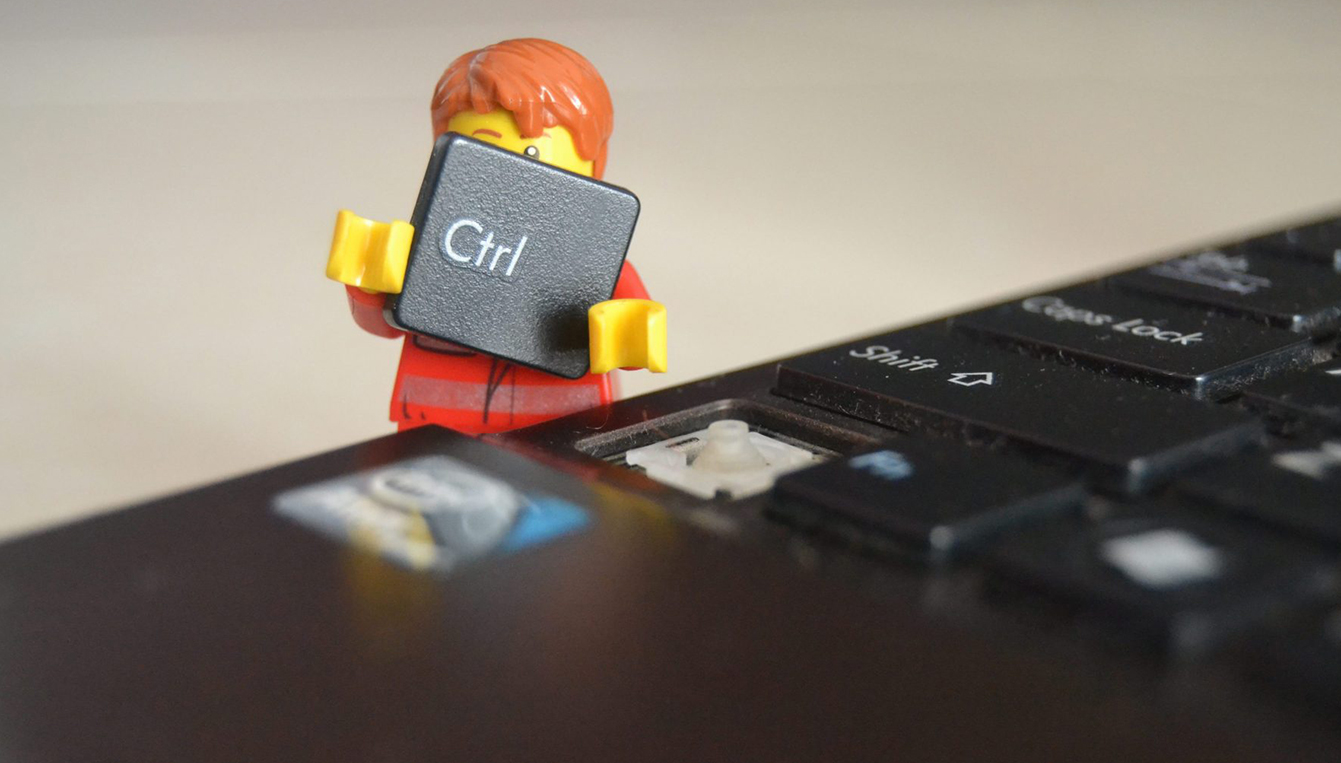Kelsey Rogers
Affiliated Expert

Introduce a Girl to Engineering Day will take place on Friday, April 21st, this year, and it will focus on applications of acoustical engineering. I am thrilled to have the opportunity to collaborate with Nitsch Engineering on the event, and in preparation, I’d like to tell you a little bit about why I became an engineer.
Why did I want to be an engineer? I was asked this question many times during college by my friends and family, often by myself at 3AM when a problem set was due in six hours, and the answer wasn’t always clear. In those moments of crisis, I often had the same (ridiculous) thought: “I wasn’t obsessed with Legos when I was a kid – so I must not be cut out for engineering.” Seriously. Every time my (predominantly male) classmates longed for their childhood days of taking apart computers and building bridges out of popsicle sticks, my heart would start to race because I felt like I didn’t fit the “mold” of an engineer, and therefore I could never succeed.
Neither of my parents were engineers. My grandfather and a few close family friends were, but to be honest, I still couldn’t tell you what they did. My initial interest in engineering stemmed from my love of math. Growing up, math always seemed more like a fun puzzle than a “problem” to me. I loved that it could be concrete and creative at the same time – that there was an answer to every question, even though you could arrive at the same solution many different ways. My outstanding high school physics teacher exposed me to the powerful ways that one can use math to understand the physical world, and vice versa. He also taught me to break down any problem, no matter how complex, into a set of “knowns” and “unknowns” – a tactic that I learned to apply to many things in life outside of physics class. When it came time to apply to college, I was drawn to engineering because I wanted to figure out how to use this toolset of math and physics to tackle tangible problems in the real world — but my choice wasn’t quite that simple.
Growing up, I was dedicated to several extracurricular activities — many of them musical (piano, violin, oboe, glockenspiel – yes, glockenspiel), as well as figure skating and dance. I wasn’t taking apart computers after school because I was practicing piano. I considered becoming a pianist, instead of an engineer, but didn’t want to give up everything in case I didn’t make it to the top; virtually nobody does. Besides, if I was plagued by tendinitis in high school, how would I survive the practice requirements of a conservatory? I wanted to keep my options open, but I didn’t want to give up the idea of incorporating music into my professional life. Since I viewed life as one big math problem, my thought process went something like this: “music + engineering = acoustics”. I had no idea what this meant at the time, but it sure felt like I had a plan!
This plan led me to study mechanical engineering in college. It turns out that this was harder than I thought it would be – shocking! Some of those math puzzles became less fun and sometimes I felt defeated by my coursework. This is when I learned one of the most important things about engineering: nobody does it alone. I realized that engineering wasn’t a solo performance like piano had been, and I found a team to be a part of. Each of us had different perspectives, strengths, and weaknesses. Together, we could tackle any problem. Through working on a team, I grew to embrace the feeling of being overwhelmed by the difficulty of a problem. These experiences fueled my curiosity for bigger and more challenging problems.
When I started to study acoustics during my senior year of college and in graduate school, I found that my experience as a musician was not only personally fulfilling, but actually directly applicable to my work. By combining my passion for music with the team problem-solving mindset of engineering, I have found work to do that is exciting and meaningful.
I’m excited to be a part of Introduce a Girl to Engineering Day because I want young girls to know three things:
1.) There’s no one “mold” for an engineer. There’s no one path to take to become one, and you don’t have to like the same things that other engineers do – embrace your differences!
2.) Your voice matters. Your unique perspective is critical to solving a complex problem, and you don’t need to know everything. Dig into challenging problems, knowing that you are part of a team.
3.) Your passions can drive your curiosity – you don’t need to give them up in order to become an engineer. Every problem in the real world is interdisciplinary.